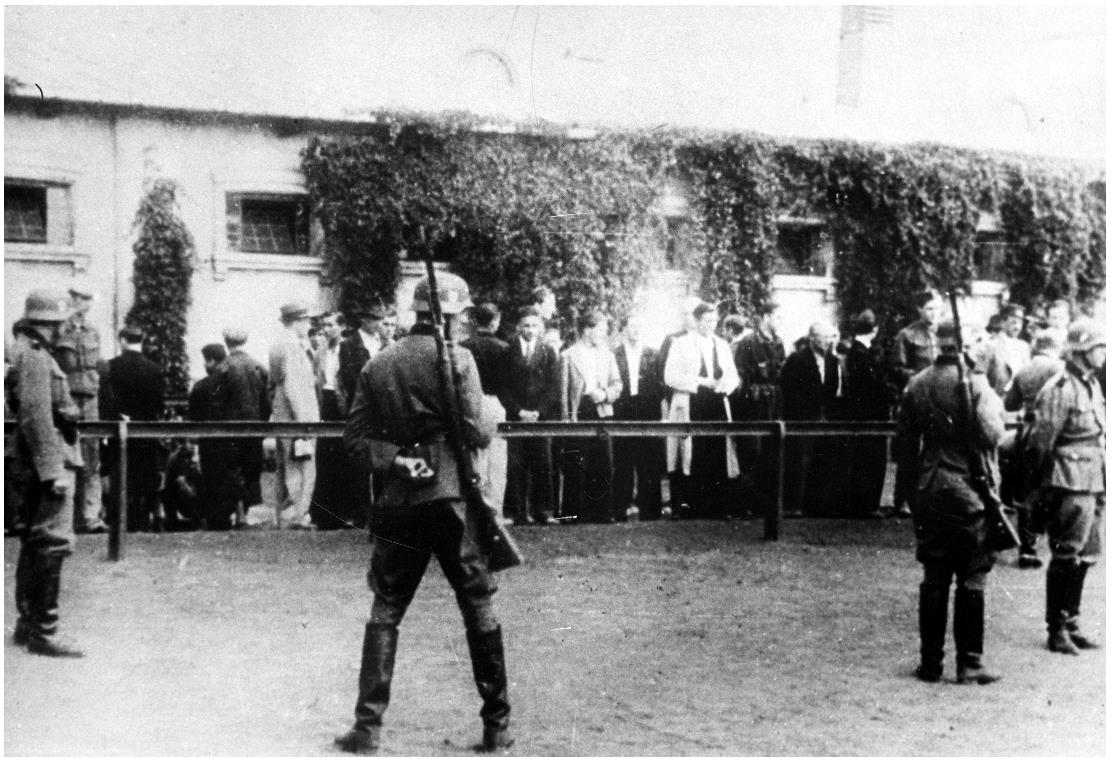83 years ago, on September 19, 1940, Captain Witold Pilecki gave himself up for capture in Warsaw during a large-scale street roundup. He was then sent to the Auschwitz concentration camp. For the inhabitants of German-occupied Poland, roundups were a deadly dangerous form of repression, which affected mainly the civilian population.
Roundups were usually carried out in crowded areas of cities as one of the manifestations of the terror apparatus used by the German occupation authorities against Poles. These roundups were intended, among other things, to catch representatives of the Polish intelligentsia and members of the resistance movement, although most often their victims were ordinary people. People of Jewish origin, who were also hunted down in other parts of occupied Europe, were treated particularly viciously during such operations. The actions were organised by such institutions as: Schutzpolizei (Preventive Police stationed in the cities), Einsatzgruppen (units dedicated to the mass elimination of persons inconvenient to the Third Reich), Schutzstaffel (SS – particularly ideologised and feared units supporting the terror apparatus), Sicherheitsdienst des Reichsführers SS (SS security service, also in charge of intelligence and counterintelligence), Feldgendarmerie (field police), Gestapo (political police, notorious for their ruthlessness) and even the German Labour Office.
Manhunts were initiated in a variety of places including trams, houses, business premises, streets, markets, and railway stations. A Pole in the General Government could not feel safe anywhere. Indeed, the overriding aim of such actions, which resulted in mass arrests, was to create a sense of constant danger and insecurity.
A gloomy fate usually befell the victims of roundups. If the arrested person was lucky enough, or worked in institutions or factories directly subordinate to the occupier, he or she could expect to be released. However, usually caught people were sent to concentration camps, which often meant a slow death, or to forced labour in Germany. An immediate tragic fate awaited individuals captured during manhunts conducted to carry out mass retaliatory executions after actions by soldiers of the Polish Underground State.
It is estimated that around 1.3 million people were arrested in roundups in the General Government.





